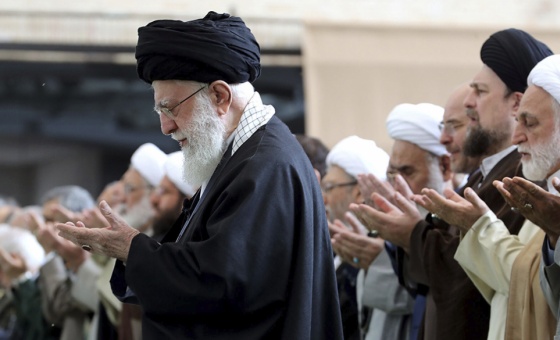This is the last article you can read this month
You can read more article this month
You can read more articles this month
Sorry your limit is up for this month
Reset on:
Please help support the Morning Star by subscribing here
AN UNDERCOVER police officer has admitted to a public inquiry that the practice of stealing dead children’s identities was inspired by political thriller The Day of the Jackal.
The officer, who used the cover name Paul Gray during his deployment in the 1970s, is one of at least 42 spycops who stole elements of deceased children’s identities to help them spy on protest groups.
These identities were used to shore up the fake profiles of officers serving in Scotland Yard’s Special Demonstration Squad (SDS) and another unit, which together infiltrated more than 1,000 protest groups over 40 years.
The tactic is one of the abuses being examined by the Undercover Policing Inquiry, headed by retired judge Sir John Mitting.
Giving evidence to the inquiry today, Mr Gray said that officers in the unit had watched the film adaptation of Frederick Forsyth’s 1971 novel The Day of the Jackal “and that’s how the identity was done in that. And obviously it had been adopted by the SDS and had obviously proved successful.”
Initially claiming that the practise was created by SDS founder Conrad Dixon, the ex-officer said, after listening to the inquiry hearings, that it was more likely that they drew the idea from the film.
Released in 1973, The Day of the Jackal follows a professional assassin who assumes the identity of a dead child to obtain a fake passport. The tactic was adopted by SDS officers the following year.
Mr Gray’s comments support views expressed by bereaved families that the adoption of the practice may not have stemmed from a need for greater security but was inspired by the film.
The families said in their opening statement that the timing of the tactic shortly after the film’s release was interesting and posed the question: “Could it be that a work of fiction, rather than operational necessity, inspired the introduction of this repellent tactic?”
Police witnesses have claimed that the practice was “an essential operational imperative” for officers to maintain their covers during a time when birth certificates were stored in a public database and could be found by campaigners.
But bereaved families have argued that there was no clear rationale, justification or need for officers to appropriate the identities of their loved ones, some of whom were babies when they died.
During his four-year deployment, Mr Gray infiltrated the Socialist Workers Party and the Anti-Nazi League.
The inquiry’s second phase of hearings concludes on Thursday.
 Bethany Rielly
Bethany Rielly










